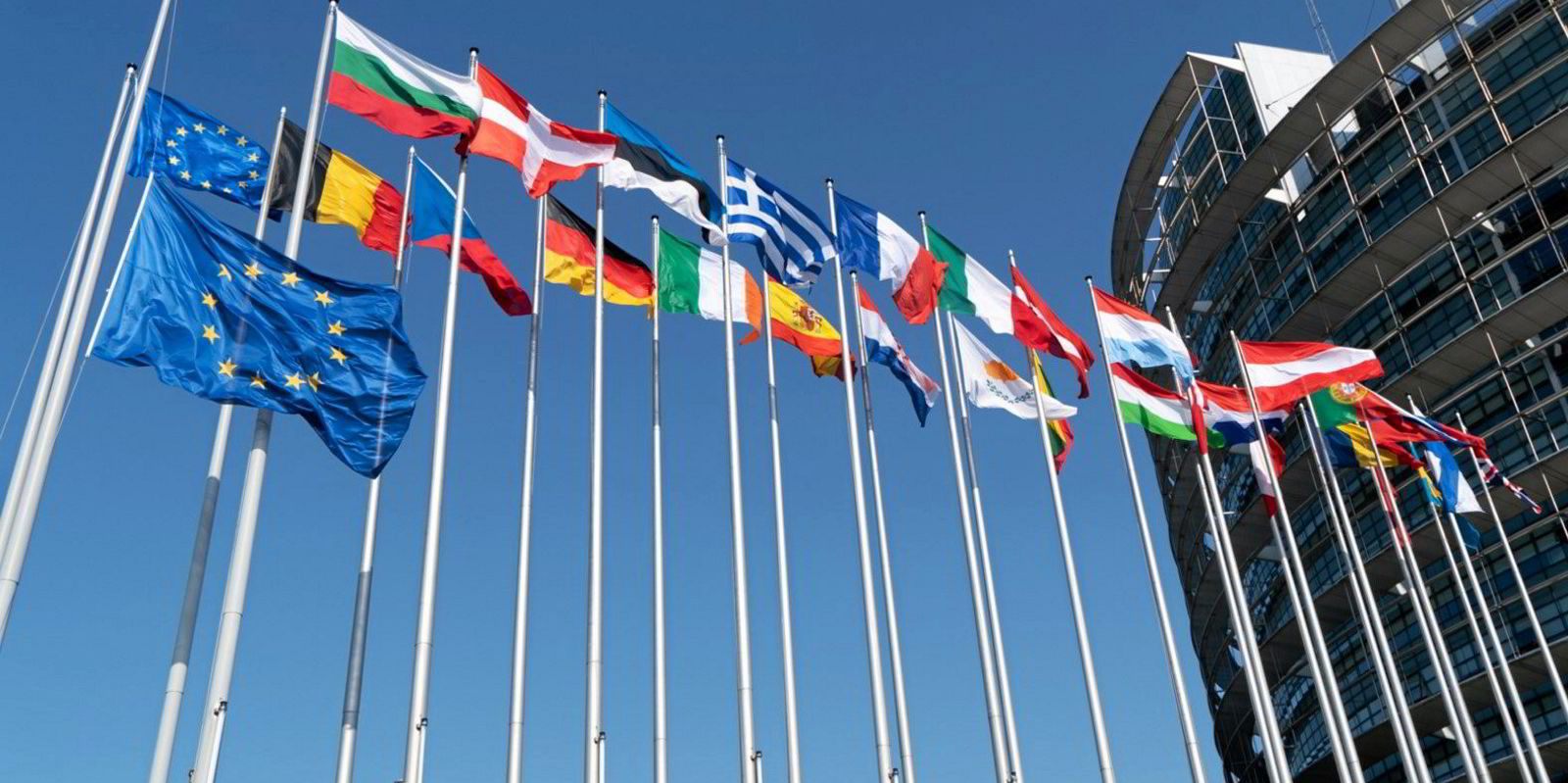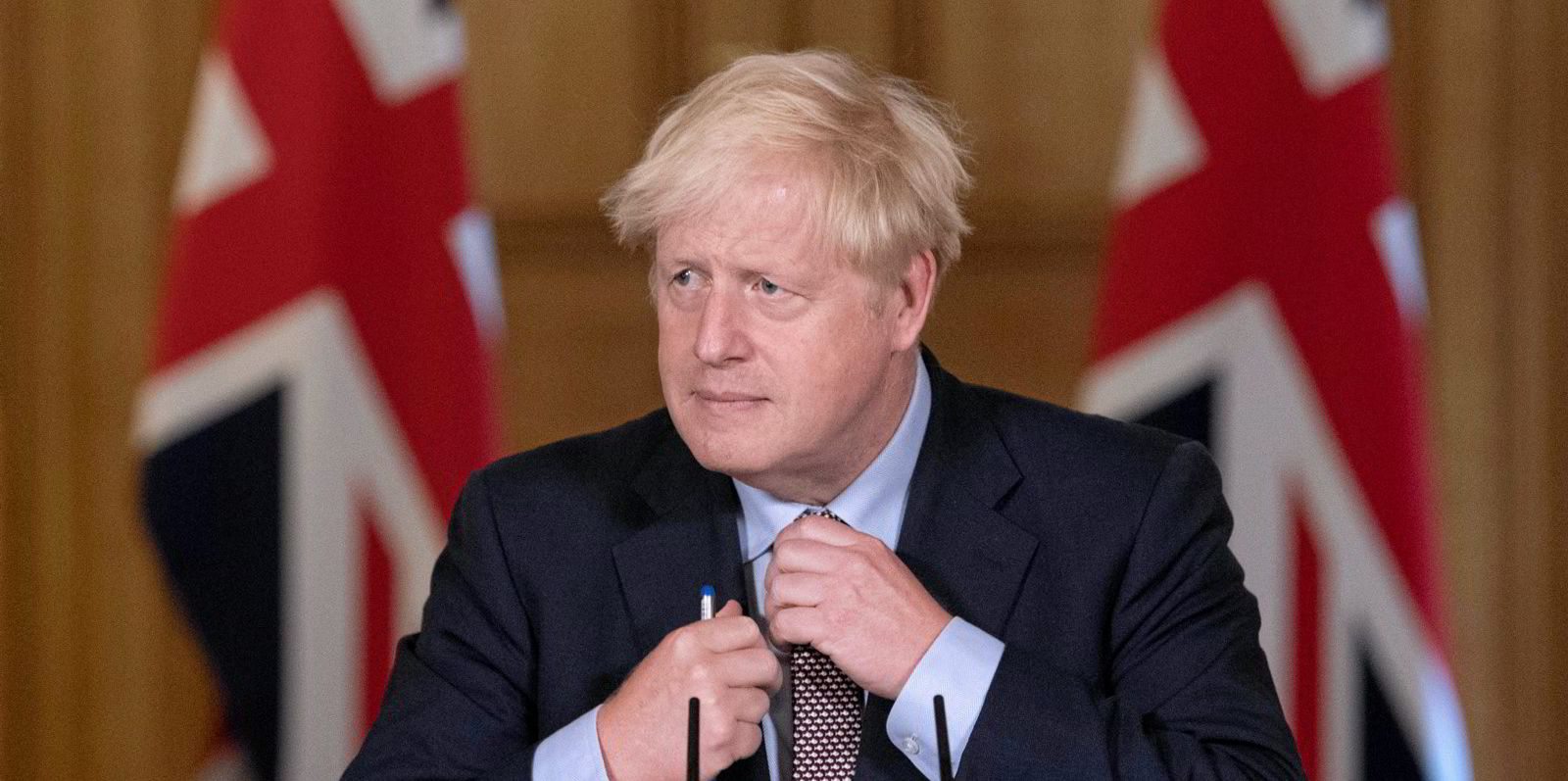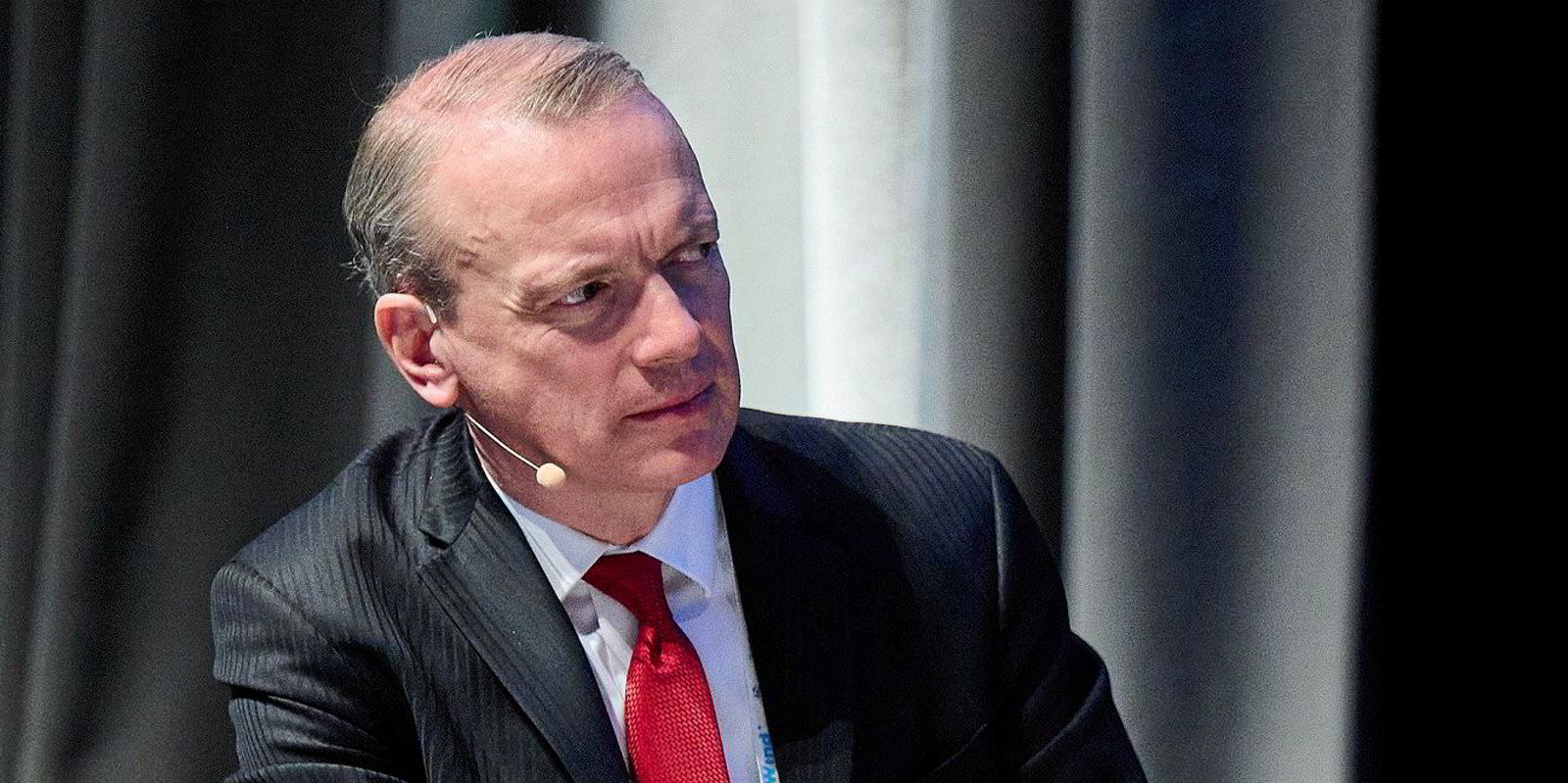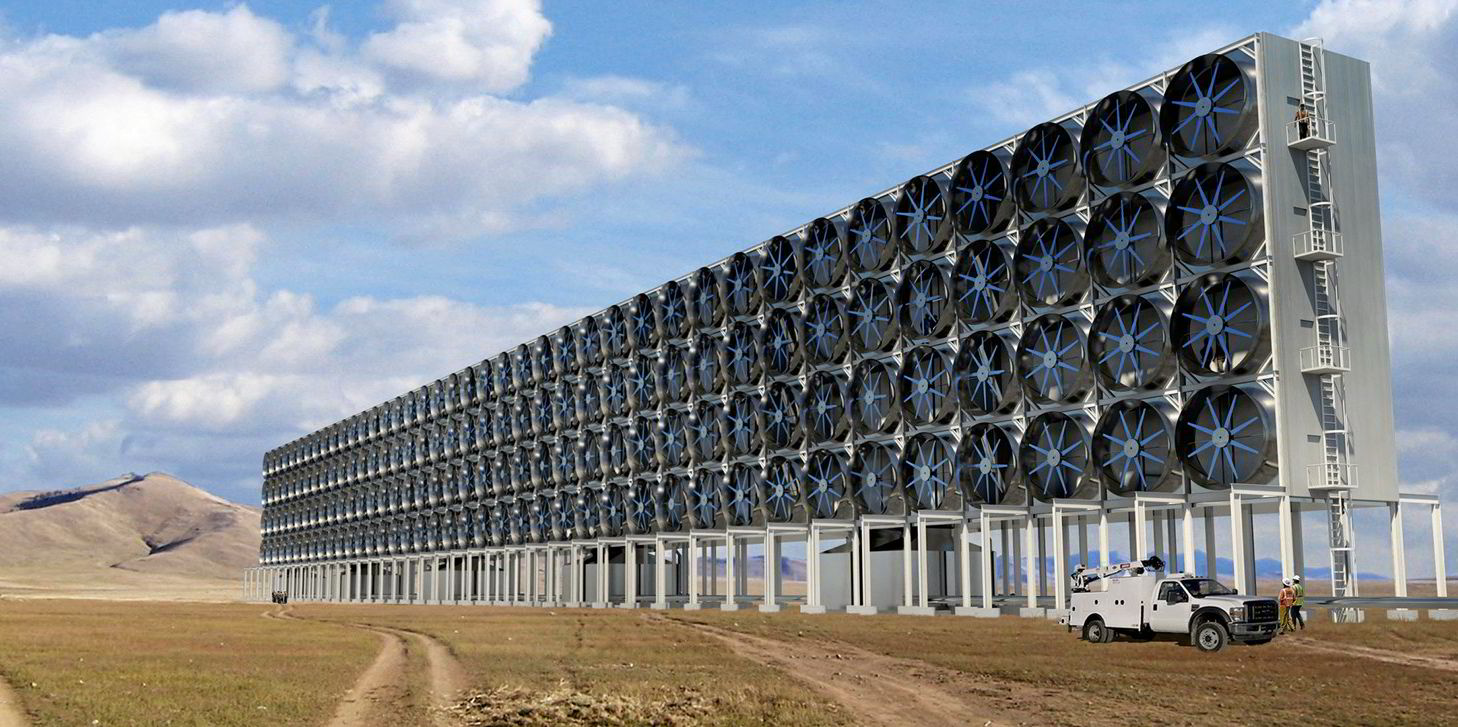EU leaders have agreed to cut the bloc’s net emissions by at least 55% by 2030, compared to 1990 levels, pushing the European carbon price to an all-time high of more than €31 ($37.50) per tonne.
The move will increase the carbon price — which makes polluting technologies more expensive and therefore encourages cleaner energy — throughout the 2020s, tripling from the sub-€30 price levels seen before the agreed emissions cut, according to analyst Refinitv Carbon Research.
“An aggressive tightening of the [EU] Emissions Trading System [ETS] will be required to make it ‘fit for 55’. Carbon prices are set to be on a continuous rise. We forecast prices to average €50 over this decade, ending at €89 [per tonne] in 2030,” said Refinitiv head Hæge Fjellheim.
“Approaching [a] three-digit carbon price level in 2030 reflects the fact that in order to become carbon neutral in 2050, costly abatement options in industry will have to be triggered sooner rather than later.”
Mark Lewis, chief sustainability strategist at French bank BMP Paribas added: ““With Phase 4 of the EU ETS starting on 1 January, we are on the verge of a new pricing paradigm for [carbon permits] based on green hydrogen and a net-zero trajectory.
The 55%-by-2030 target still faces a challenge from the European Parliament, which wants to see an even more ambitious 60% reduction.
The goal was not agreed by the European Council of the 27 EU leaders until the early hours of Friday morning because coal-reliant nations such as Poland had refused to sign on without increased financial assistance. Extra funds will now be granted to them from the bloc’s Modernisation Fund, which has been set up to help ten lower-income EU countries with their energy transitions.
Controversially, the new target will include negative emissions — carbon sucked from the air— that come from forests and land-use changes, which potentially gives the EU a headstart of a few percentage points.
The agreement came hours after the leaders finally agreed on a €1.8trn seven-year budget and post-Covid economic recovery package, which had been held up by Hungary and Poland over objections to link EU payments to respect for the rule of law.
The two Eastern European countries have been accused of backsliding on the rule of law and other democratic tenets. A German compromise — to not implement the link until Hungary and Poland have challenged its legality in EU courts — was eventually accepted by all 27 states.
The EU’s new emissions targets will be presented to the UN/UK-hosted virtual Climate Ambition Summit on Saturday, in the hope that it might encourage non-European nations to increase their own emissions targets.




